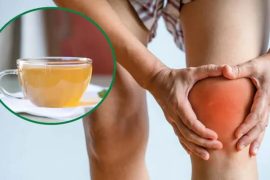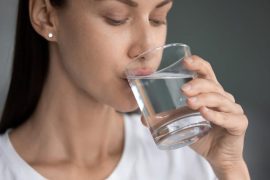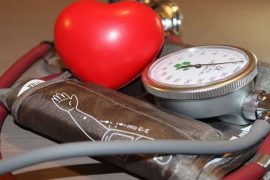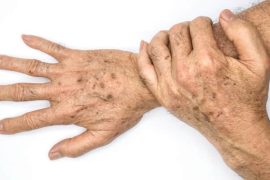Зміст
We associate vitamin E with longer life and younger skin. However, it turns out that he can do much more. Vitamin E has a positive effect on the cardiovascular system, supports muscle function and, as studies show, may protect against prostate cancer. What else is worth knowing about vitamin E?
Vitamin E is a group of chemical compounds that the body cannot do without. The demand for it depends on age and gender. Young children need about 6 mg, men – 10 mg, women – 8 mg (when using hormonal contraception, the dose should be higher). Seniors aged 75 should provide approximately 25 mg of the vitamin.
Vitamin E – May Protect Against Cancer
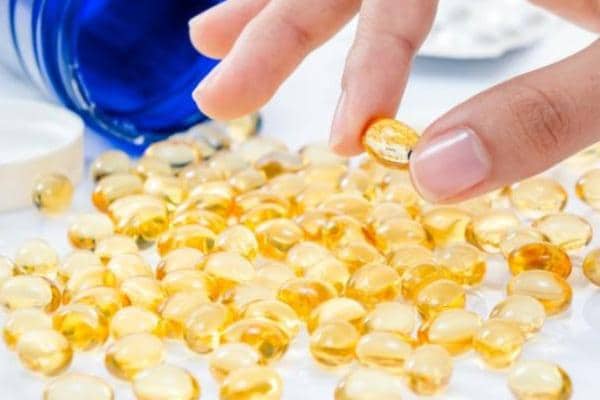
Suppression of aging processes is just one of the properties of vitamin E. vitamin E, first, supports the work of the circulatory system and protects it from dangerous blood clots, atherosclerosis and reduces the level of so-called bad cholesterol. As a result, the risk of heart attack or stroke is significantly reduced.
Vitamin E prevents premature breakdown of red blood cells, supports the nervous system by improving the flow of nerve stimuli. In addition, it strengthens male sperm (lack of vitamins can damage sperm). Pregnant women cannot forget about it. It is necessary for the correct development of the fetus (ensures the correct development of the eye, and in combination with folic acid supports the nervous system). This prevents fetal death and so-called pregnancy poisoning.
Vitamin E for youth and beautiful skin
Vitamin E is considered one of the strongest antioxidants, that is, substances that protect the body from harmful free radicals. Their presence accelerates aging and may contribute to the development of certain cancers.
The ability to fight free radicals prevents premature skin aging. In addition, it nourishes, regenerates and moisturizes the skin. Although cosmetic products with its addition are suitable for all skin types, they are recommended primarily for people whose skin is sensitive and prone to irritation. Vitamin E soothes the symptoms of psoriasis and eczema, effectively fights acne and protects against harmful sun radiation.
Some researchers believe that due to its strong antioxidant properties, vitamin E may effectively protect against prostate cancer.
Vitamin E – when it is not enough
Vitamin E, like vitamins A, D and K, is insoluble in water, only in fats. Its excess is not excreted, but is stored in adipose tissue, therefore, deficiency is extremely rare. However, if the body begins to feel its deficiencies, we can feel tired, our muscles tremble, the skin becomes more keratinized. Sometimes there are problems with the nervous system, anemia, problems with teeth and bones.
A balanced and rational diet should provide as many vitamins as we need.
Vitamin E – Where to Find It?
We can find vitamin E min. in:
- vegetable oils (mainly rapeseed, soybean and sunflower)
- hazelnuts
- almonds
- egg yolks
- White cabbage
- sprouts
- cereal seeds
- spinach
Vitamin E – absorption
Vitamin E is well absorbed in combination with vitamins C, A, B, selenium, manganese and unsaturated fatty acids. On the other hand, thyroid hormones, laxatives, and contraceptives negatively affect the absorption of vitamin E.
Foods rich in vitamin E should be stored in dark places, because the sun’s rays destroy its valuable properties, and low temperatures are also harmful.
Vitamin E – contraindications
People taking vitamin E should be careful. This primarily applies to people with blood clotting problems, taking anticoagulant drugs and patients undergoing radiation and chemotherapy.
An overdose of vitamin E occurs with prolonged use of a dose of more than 1000 mg / day. A harmful excess of vitamin E is manifested:
- Muscle weakness
- Fatigue
- Headache
- Disorders in the intestines




